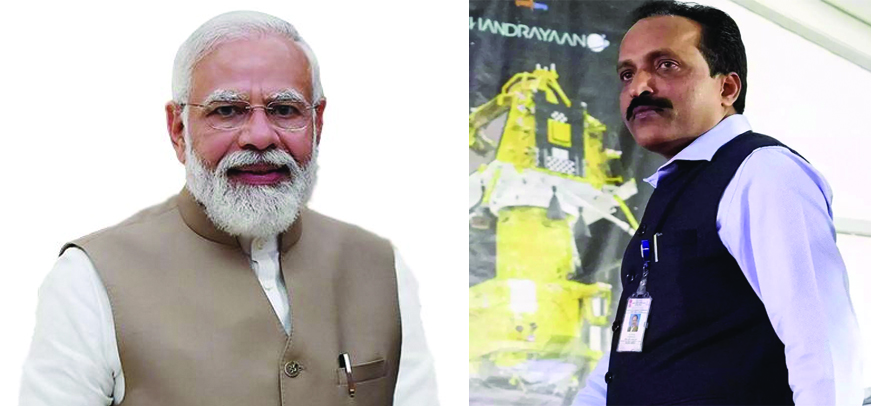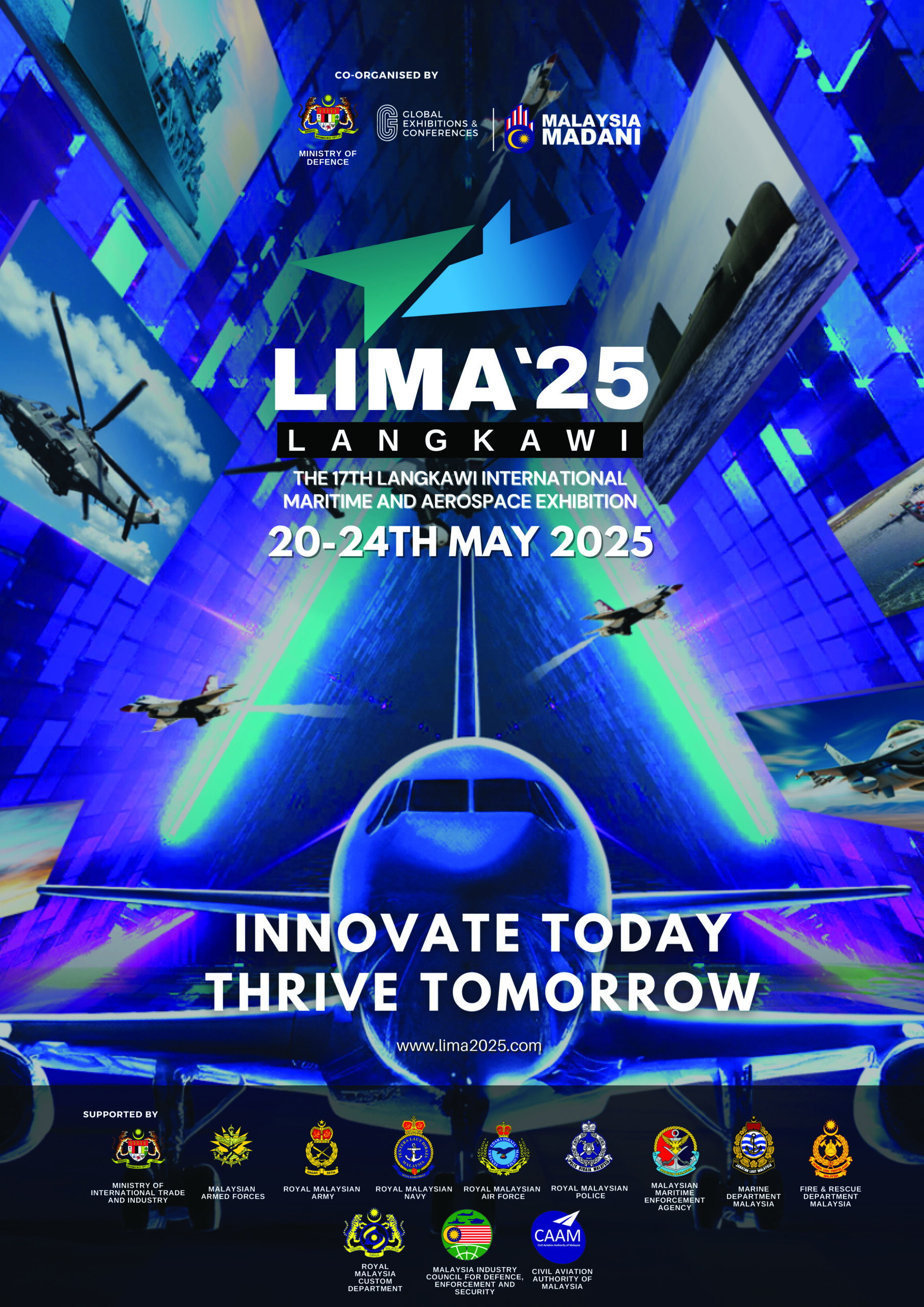
Indian Space Research Organisation (ISRO) Chairman S. Somanath praised Prime Minister Narendra Modi for his pivotal role in advancing India’s space ecosystem during National Space Day celebrations. Somanath underscored the impact of recent policy reforms and initiatives introduced under PM Modi’s leadership.
Speaking on the significance of the occasion, Somanath highlighted how PM Modi’s leadership has driven key policy interventions in the space sector. “As Prime Minister, Modi has not only created but also implemented policies through the governmental system,” he noted. Following the successful landing of Chandrayaan-3, Modi declared August 23 as National Space Day and named the landing site ‘Shiva Shakti Point,’ while designating the Chandrayaan-2 landing site as ‘Tiranga Point.’ Reflecting on recent achievements, Somanath recalled PM Modi’s live participation in the Chandrayaan-3 moon landing event. “I remember our Prime Minister Modi was watching the live transmission and took a moment from the BRICS summit to join us,” he said.
Somanath also recounted Modi’s visit to the Vikram Sarabhai Space Centre, where he expressed strong interest in the Gaganyaan mission and other space projects. “We were asked to prepare a long-term roadmap, a vision for space 2047 in the Amritkaal. The Prime Minister was delighted with our presentation on future space missions, including the Gaganyaan program and plans for a space station,” Somanath said. M. Sankaran, Director of the U.R. Rao Satellite Centre (URSC), also reflected on the Prime Minister’s visit following the Chandrayaan-3 launch success. “When he was talking, he was a bit emotional. Thanking all of us for being there and appreciating everybody’s effort. He was very clear that we have to involve other government agencies in space activities, which resulted in the space sector reforms,” Sankaran told ANI.
India celebrates its inaugural National Space Day today, August 23, 2024. On this day in 2023, Chandrayaan-3 achieved a historic milestone with the successful soft landing of the Vikram Lander on the moon, making India the fourth country to land on the lunar surface and the first to do so near the southern polar region.

















